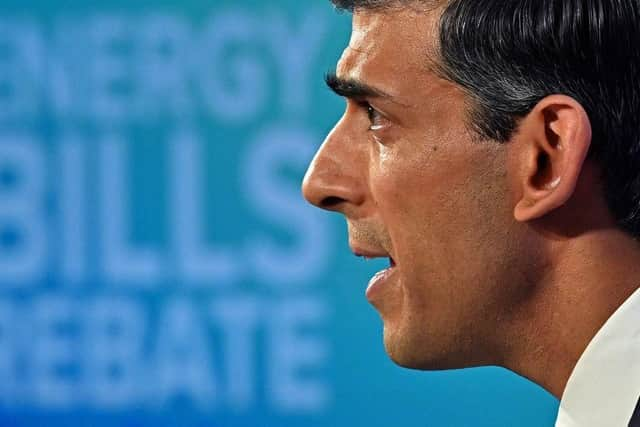Rishi Sunak's cost of living plan: Second homes in Northumberland will receive £1.4m to help with energy bills
and live on Freeview channel 276
So in Northumberland, which has 3,538 second homes, these owners are set to receive a total of £1,415,000 worth of energy discounts.
The overall amount which will be handed out in the county, which has 157,460 homes, will be almost £63m.
Advertisement
Hide AdAdvertisement
Hide AdUnder the plans, every residential property in England, Scotland and Wales will receive an automatic £400 discount on their energy bills from October as part of Rishi Sunak's new cost of living support package,


Mr Sunak has doubled the previous offer of a £200 discount, announced in February, and has also changed the scheme into a grant rather than a loan to be repaid.
It will go to every home regardless of need – including second homes, with those who own more than two standing to benefit multiple times over.
There are more than 301,000 official second homes across Great Britain. If each receives a £400 energy discount, the total bill to the government will come to £120.5 million.
Advertisement
Hide AdAdvertisement
Hide AdIn England there were 253,357 second homes as of October last year. Of these, 10,223 are currently receiving a council tax discount of between 5% and 50% on account of them being second homes. These homes will get an extra £4.1 million of help with their energy bills.
Think tank the Institute for Public Policy Research (IPPR) said that overall, the energy grant was a good way to help struggling households, and that excluding second homes may not be logistically possible.